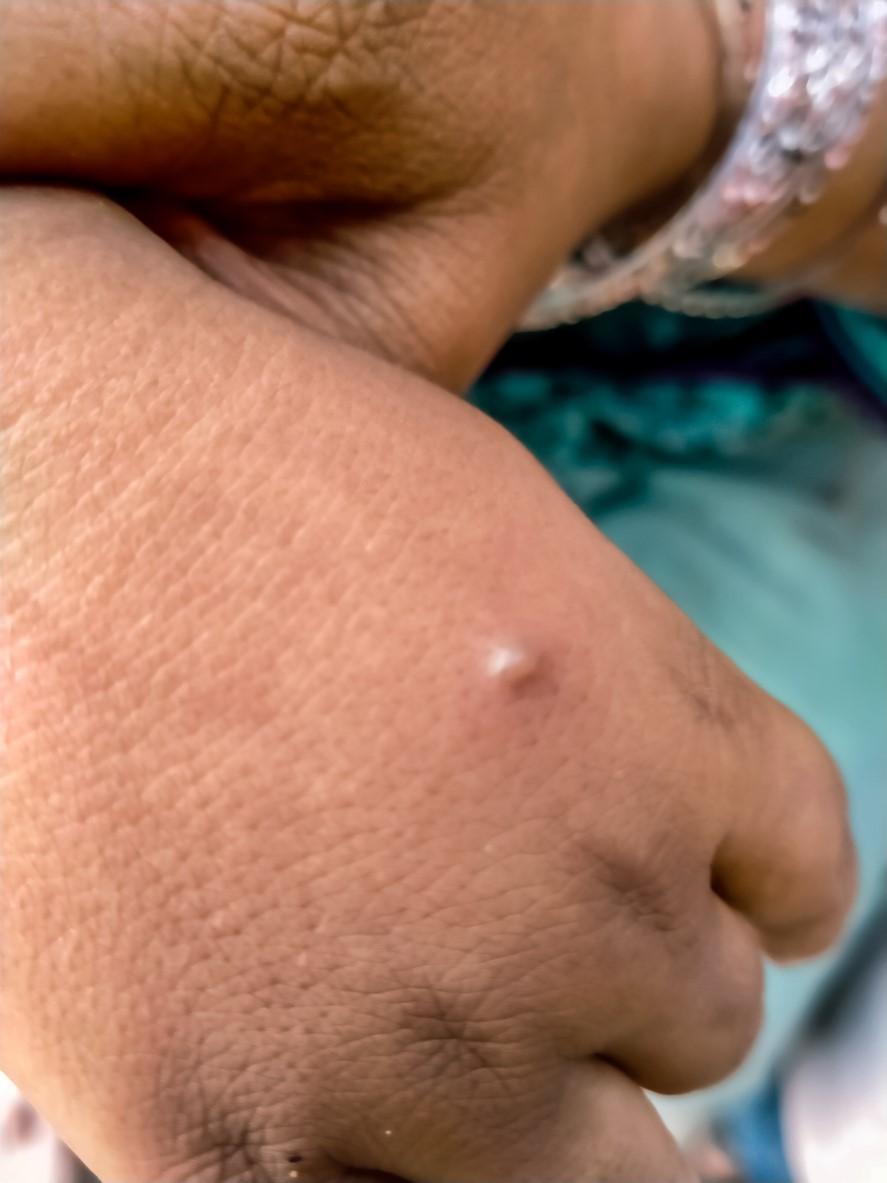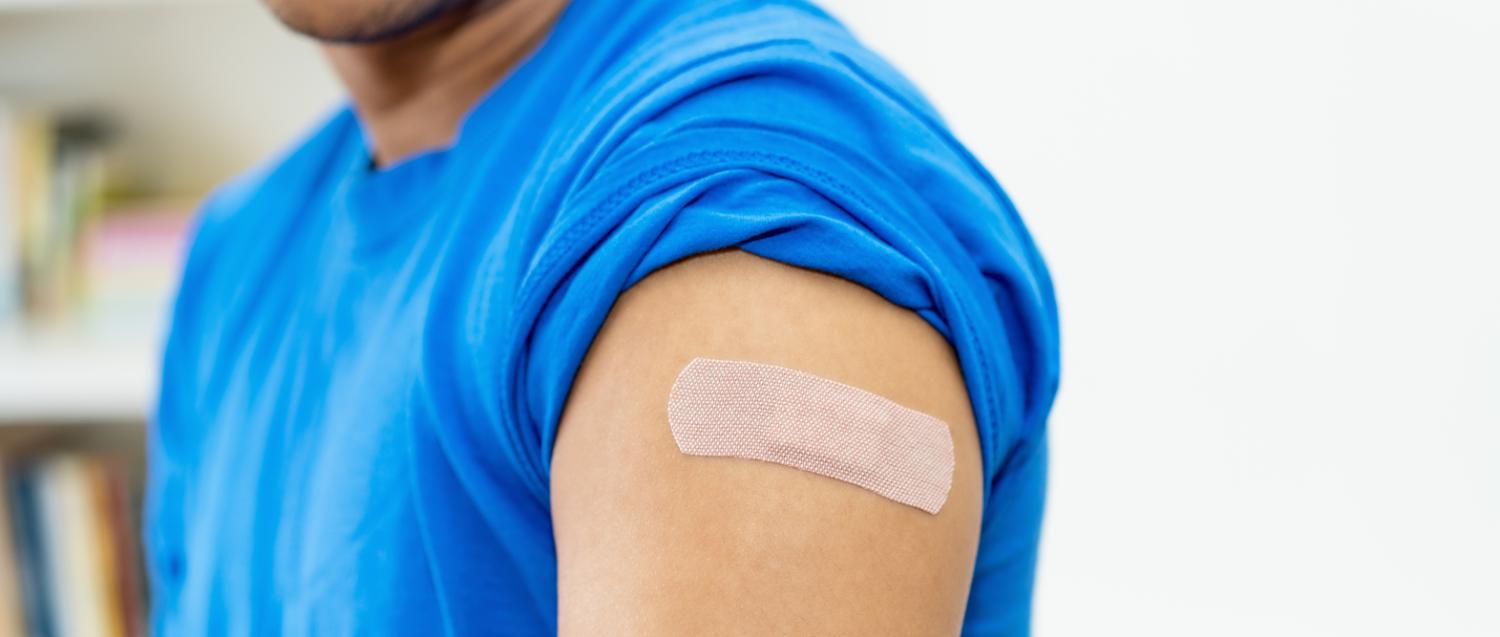The Alaska Department of Health (ADH) announced that it has been consulting with the US Centers for Disease Control and Prevention (CDC) and the World Health Organization (WHO) to change the name of the Alaskapox virus to “borealpox virus,” with the renaming taking effect with the start of April.

ADH said the name references the ecosystem where the virus was found in humans and small animal reservoirs. Also, it said the name is less specific and offers more leeway for the possibility of the virus being identified in animals and humans outside of Alaska.
Virus naming has shifted away from specific locations
Virus naming has sometimes been a hot button issue, and over the past several years, naming has shifted away from nomenclature that includes specific geographic locations or populations.
Earlier this year, the state reported the seventh known case of borealpox—a man from the Kenai Peninsula. His infection marked the first fatality from the novel orthopox virus. The case was notable, partly because it was the first to occur outside of the Fairbanks area, suggesting that the virus may be more widespread in the state's small mammals than previously known.













